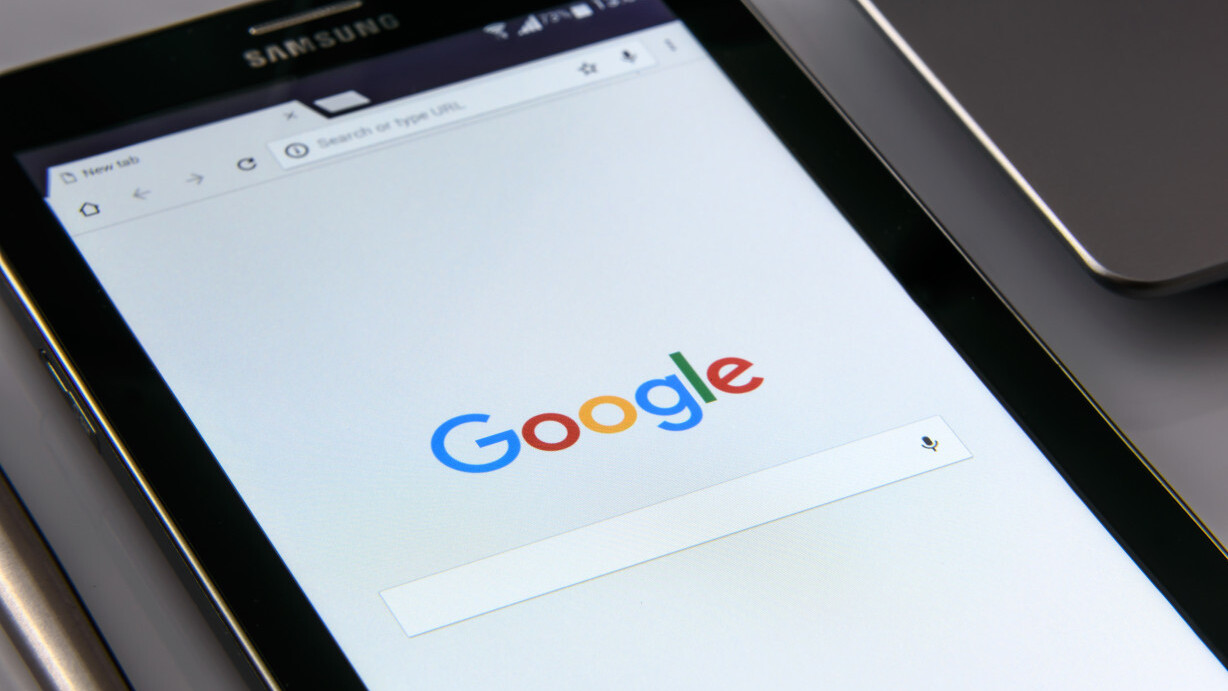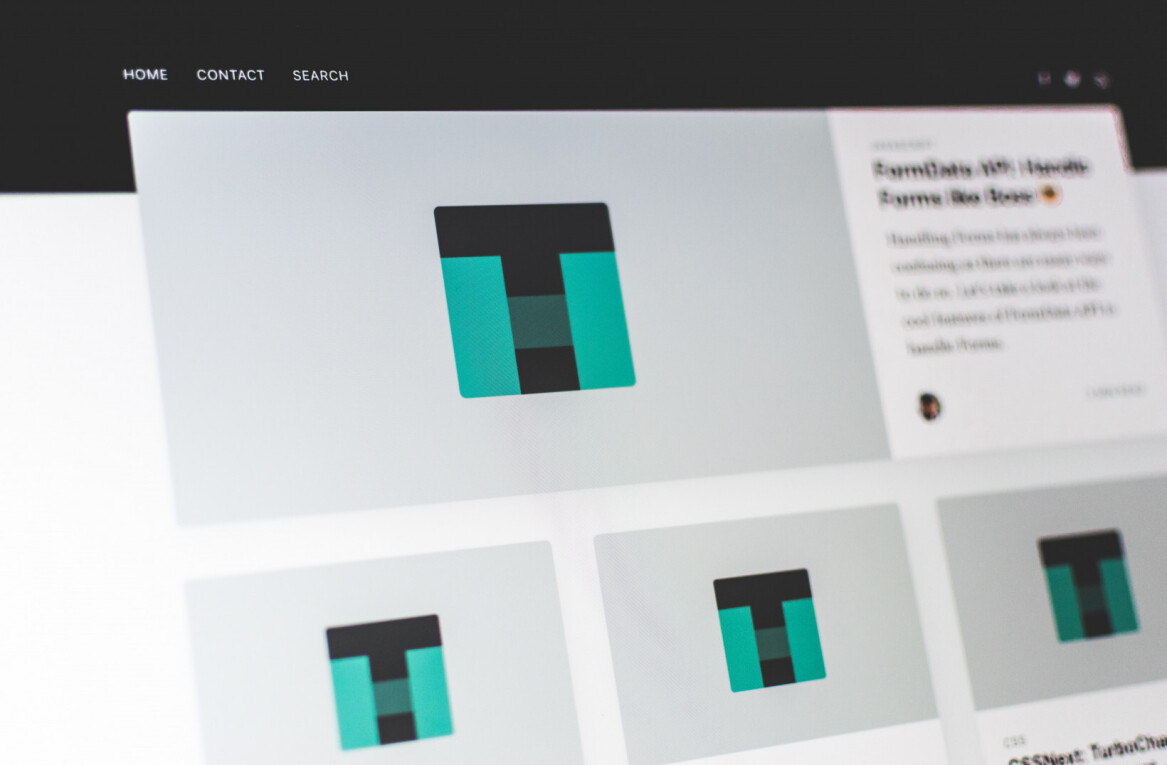
Artificial intelligence, augmented reality and virtual reality have all seen steady improvements during the last few years, which is opening up a host of options for designers. One of those options is searching for data. Use of voice searching is already on the rise, but other tech changes are brewing. To find out how things could play out, I asked a panel of entrepreneurs from YEC their predictions on the following:
The rise of AI and virtual and augmented reality will ultimately change how we navigate the web. What’s one way you envision this shift?
1. Traditional SEO will be obsolete
 First, with conversational agents such as Alexa and Siri, most searches will move from text to voice. Today, 20% of Google’s mobile searches are already done with voice. Second, AI will become extremely predictive and know what you’re looking for before you even search for it. Recommendations will become even more dominant and accurate. – Marlene Jia, TOPBOTS
First, with conversational agents such as Alexa and Siri, most searches will move from text to voice. Today, 20% of Google’s mobile searches are already done with voice. Second, AI will become extremely predictive and know what you’re looking for before you even search for it. Recommendations will become even more dominant and accurate. – Marlene Jia, TOPBOTS
2. Purchasing will be more accessible, easier and quicker
 With AI and virtual and mixed reality, the ways customers access or view products in the future will greatly expand. Going through a checkout process to buy a product will be irrelevant. Rather than customers navigating to one brand’s site, businesses will be forced to go to the consumer — creating a panoply of “distributed” commerce opportunities, offering convenient and quicker purchase options. – Cooper Harris, Klickly
With AI and virtual and mixed reality, the ways customers access or view products in the future will greatly expand. Going through a checkout process to buy a product will be irrelevant. Rather than customers navigating to one brand’s site, businesses will be forced to go to the consumer — creating a panoply of “distributed” commerce opportunities, offering convenient and quicker purchase options. – Cooper Harris, Klickly
3. Promotions will become more personalized
 The more data we have, the better we can target promotional content, but currently, our algorithms are limited. Machine learning will be able to ingest all of that data — open rates, topics, social media behavior and browsing data — and learn to target content more accurately than hand-crafted algorithms. – Justin Blanchard, ServerMania Inc.
The more data we have, the better we can target promotional content, but currently, our algorithms are limited. Machine learning will be able to ingest all of that data — open rates, topics, social media behavior and browsing data — and learn to target content more accurately than hand-crafted algorithms. – Justin Blanchard, ServerMania Inc.
4. The web will navigate us
 In the future, the paradigm flips: The web will navigate us, not the other way around. Through spatial computing, enabled by AR, and things like machine-learning, enabled by AI, the web will present information to us that we need, when we need it and where we need it. AR and AI have the potential to help us get our lives back — all the perks of the digital world while still existing in the physical one. – Jeremy Kenisky, Merge VR
In the future, the paradigm flips: The web will navigate us, not the other way around. Through spatial computing, enabled by AR, and things like machine-learning, enabled by AI, the web will present information to us that we need, when we need it and where we need it. AR and AI have the potential to help us get our lives back — all the perks of the digital world while still existing in the physical one. – Jeremy Kenisky, Merge VR
5. Watch for eye-tracking technology
 The combination of AI and augmented reality will make it possible to look at a building and pull up information about the building in your augmented screen. You’ll be able to interact with the world and technology more intuitively, instead of having to pull up a separate device and use your fingers to type out all your thoughts. – Syed Balkhi, OptinMonster
The combination of AI and augmented reality will make it possible to look at a building and pull up information about the building in your augmented screen. You’ll be able to interact with the world and technology more intuitively, instead of having to pull up a separate device and use your fingers to type out all your thoughts. – Syed Balkhi, OptinMonster
6. Filter bubbles will become stronger
 Filter bubbles already exist when performing search inquiries through Google or browsing Facebook’s newsfeed. These services cultivate specific results and topics catered to an individual based on a user profile built by artificial intelligence. As the web evolves through the use of AR and VR, billboards and subway ads will begin serving different ads to different people based on these profiles. – Bryce Welker, Beat The CPA
Filter bubbles already exist when performing search inquiries through Google or browsing Facebook’s newsfeed. These services cultivate specific results and topics catered to an individual based on a user profile built by artificial intelligence. As the web evolves through the use of AR and VR, billboards and subway ads will begin serving different ads to different people based on these profiles. – Bryce Welker, Beat The CPA
7. Expect software to gain faces
 In a world without screens and the need for clicking and touching, the software will be personified, and people will work hand-in-hand with it to achieve their goals. Google, Siri and much more will have faces like the Windows Home Page Wizard once had. – David Henzel, DavidHenzel.com
In a world without screens and the need for clicking and touching, the software will be personified, and people will work hand-in-hand with it to achieve their goals. Google, Siri and much more will have faces like the Windows Home Page Wizard once had. – David Henzel, DavidHenzel.com
8. You won’t search anymore
 Once AI becomes powerful enough, it will understand you so clearly that you won’t search anymore. The very act of searching will be replaced by the AI predicting your interests and needs and fulfilling them automatically, without your direct input. – Paul Grossinger, Gaingels
Once AI becomes powerful enough, it will understand you so clearly that you won’t search anymore. The very act of searching will be replaced by the AI predicting your interests and needs and fulfilling them automatically, without your direct input. – Paul Grossinger, Gaingels
Get the TNW newsletter
Get the most important tech news in your inbox each week.




